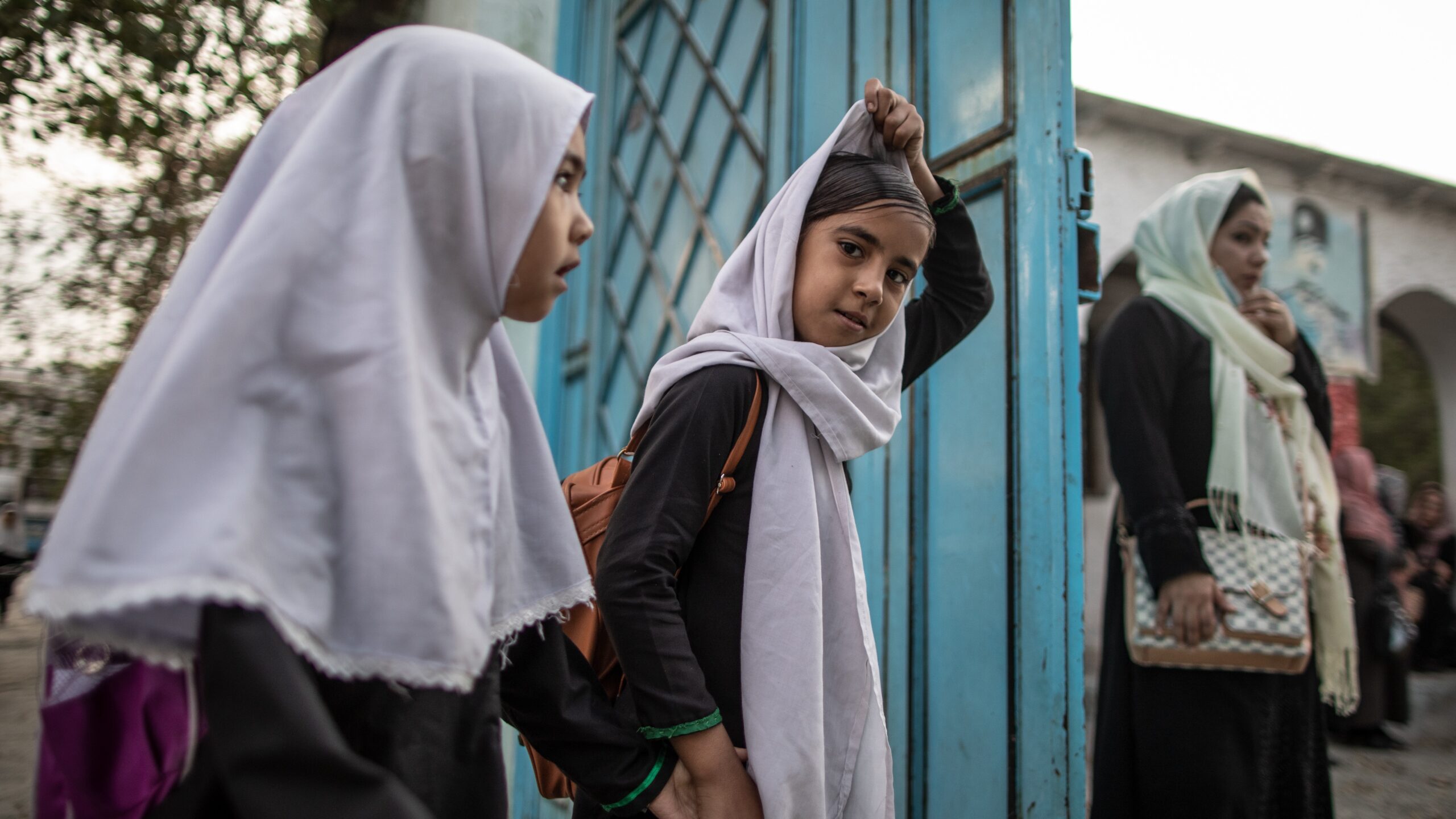
In a blow to education activities and the families of girls in Afghanistan, the Taliban has gone back on a promise to allow girls over the age of 11 to attend school. The decision to ban girls from attending secondary school was announced late in the evening on March 22, 2022 — the day before classes were due to begin.
As one teacher told The Guardian, "Lots of excited girls were already waiting outside the school. They were here hours before their classes started. They were very happy and excited. Then we told them about the new order."
The teacher continued by adding that the girls were devastated, explaining, "Many of them started arguing. I had nothing to tell them. I left an hour ago. I cried."
The teacher went on to add that some of the girls stayed outside the school all day, despite not being allowed in.
When the Taliban came into power in August 2021, they nearly immediately banned girls from going to high school. In the months that have passed, some universities have opened for girls and women, but most have stayed closed, and this new edict will mean that educational opportunities for older girls and women in the country will cease to exist.
The new change should concern anyone who cares about access to education. As United Nations High Commissioner Michelle Bachelet put it, "The denial of education violates the human rights of women and girls. Beyond their equal right to education, it leaves them more exposed to violence, poverty and exploitation."
Amnesty International's Samira Hamidi echoed this, saying, "This is a worst nightmare come true for the women and girls of Afghanistan, who have had their future and all they had hoped and worked for ripped away from them over the last year."
Many believe that the rule reversal was made to appease more conservative Afghanis who live in rural areas of the country. The Guardian notes that these families are less inclined to send their daughters to school and are the "backbone" of the Taliban's organization.
Waheedullah Hashmi, who is part of the Taliban's government, explained the stark differences between urban and rural parts of Afghanistan. He said, "In some rural areas a brother will disown a brother in the city if he finds out that he is letting his daughters go to school."
However, some are hopeful that the rule could change again, especially if schools can ensure that boys and girls will attend classes separately. Bérénice Van Den Driessche, who works for the Kabul-based arm of Norwegian Refugee Council, offered a kernel of hope, stating, "We are definitely hopeful and very much expecting a return to the previous position and the previous commitment to allow girls to go back."




